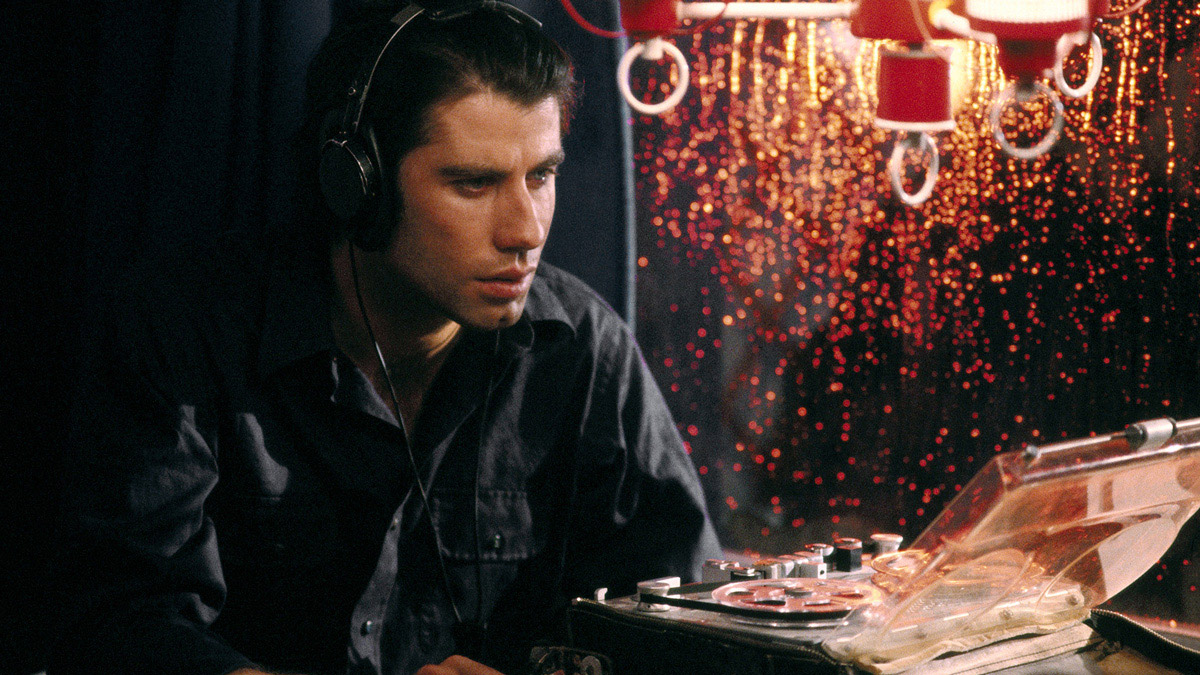
(c) Photofest / Getty Images
``Blow Out'' Brian De Palma's great and important masterpiece, highly praised by Tarantino
2019.06.13
Actual events that influenced
As De Palma himself acknowledges its influence, the original title of ``Blow Out,'' which tells the story of discovering a crime by listening to a recording, was inspired by Michelangelo Antonioni's ``Blow Up'' (66 ) was probably taken from. The suspense story of ``Desire'' begins when a photographer secretly takes a photo of a couple having a secret meeting in a park late at night, and when he blows up the photo, he discovers that a dead body is in the photo. In this work, ``photography'' is replaced with ``sound.'' Here, De Palma is trying not to examine the function of sound itself, but how it functions as a MacGuffin to motivate the story.
Also, in `` De Palma ,'' he professed to have ``referenced the Chappaquiddick incident.'' The Chappaquiddick Incident occurred in 1969, when Sen. Edward Kennedy and his young secretary were driving from a party on Chappaquiddick Island when they fell off a bridge into the river, but he escaped alone and his secretary was in the car. (He had aspired to become president following his older brothers John and Robert, but that dream was crushed by the influence of this incident), and the car accident that occurs in this work is based on this incident. .
Or, "I like books about assassinations. What's especially interesting about President Kennedy's assassination is that there's so much examination. In ``Blow Out,'' the main character searches for The Truth. But in assassinations, the culprit is unknown. As De Palma said, the assassination motif probably comes from the 1963 assassination of President Kennedy. The original title ``Blow Out'' includes the meaning of ``the sound of a flat tire'' as well as ``blowing out the sound of the tape in question'' and ``erasing witnesses.''

“Blow Out” (c) Photofest / Getty Images
Additionally, De Palma revealed in a separate interview that "John Lithgow's character (the hitman) is closely based on George Gordon Liddy." Liddy was in charge of the Plumbers, a secret operations team created by President Richard Nixon to prevent information leaks from the government. He led a fraudulent operation that used illegal methods to monitor anti-Vietnam War activists and Democrats, a move that is said to have led to the interference of his opponents and the wiretapping during the Watergate scandal in 1972. It is being said.
At the same time, De Palma acknowledges that the film is a tribute to Coppola's suspense film `` The Conversation '' (1974), which depicts a wiretap agent caught up in a murder plot. In this way, this work contains allusions to various American political events of the 1960s and 1970s. At the time of its release, Nancy Allen said, ``Some may think of Watergate or the Kennedys. This film reflects the confusion we all feel about what really happened over the past 20 years.'' "I'm working on it."

